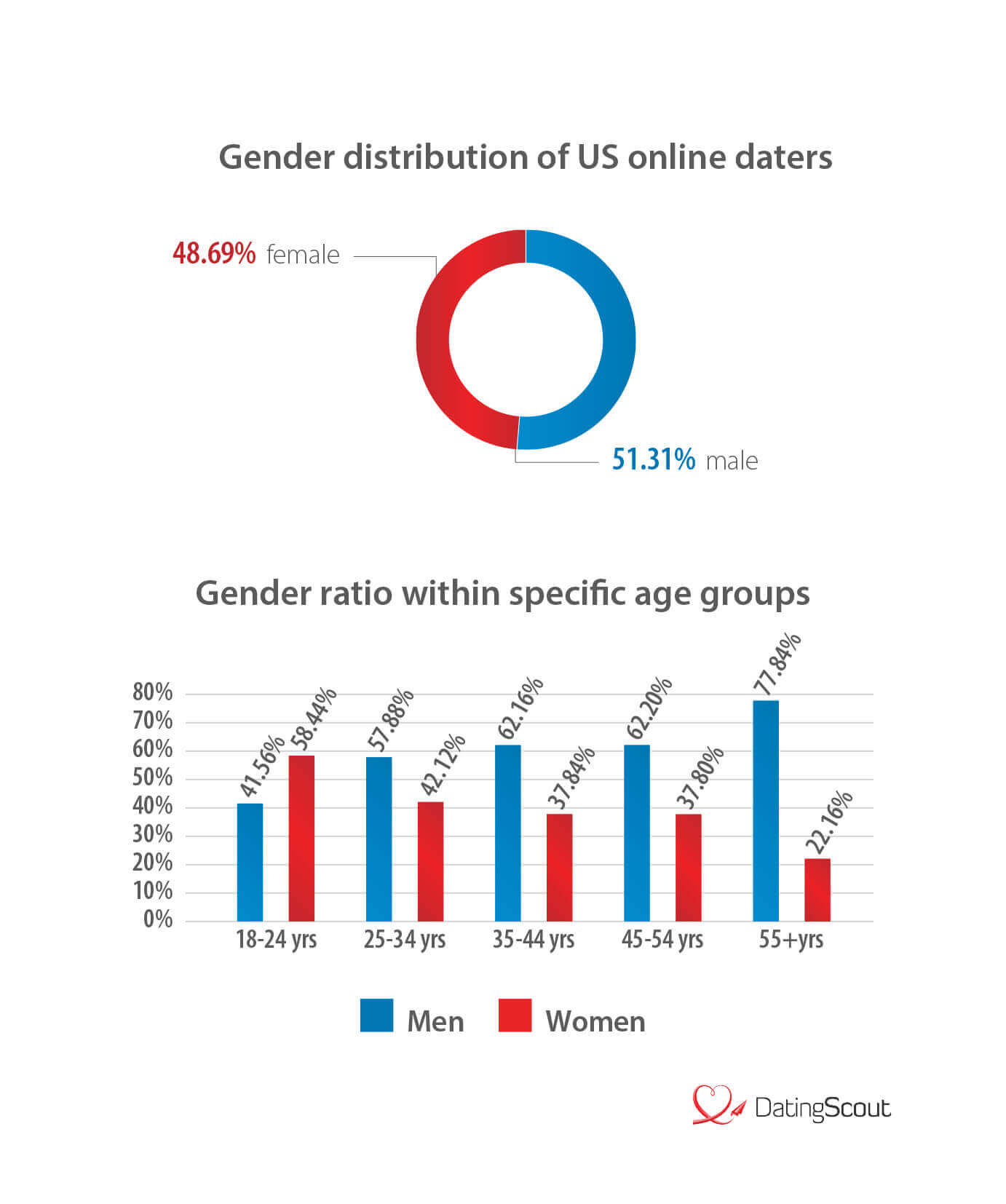
users post to present an online self. Self-presentation is generally considered to be motivated by a desire to make a favorable impression on others, or an impression that corresponds to one’s ideals. As such, self-presentation is centrally involved in impression management and the projection of an online identity (cf. Schlenker, ). Research has shown that teens’ · Within the domain of online dating, the self is presented through constructs of gender, age, and social interaction. Online dating arenas represent an opportunity to record changing cultural norms regarding technology-mediated relationship development and gain insights into important aspects of online behavior, such as gender identity construction and self-presentation strategies. Understanding · A person’s online dating profile will have their interests, a photo of themselves, their career, and more. People will sift through profiles in order to find the one their like best and hope the other person likes them too. Research has shown that deceptive self-enhancements are used on online dating sites. Therefore, people scrutinize profiles for even the smallest details because they know the person on
[PDF] Dating deception: Gender, online dating, and exaggerated self-presentation | Semantic Scholar
Jeffrey A. Hall, Namkee ParkHayeon Song, Michael J. This study examines factors including gender, self-monitoring, the big five personality traits, and demographic characteristics that influence online dating service users' strategic misrepresentation i, gender self presentation in online dating.
The study found that men are gender self presentation in online dating likely to misrepresent personal assets, relationship goals, personal interests, and personal attributes, whereas gender self presentation in online dating are more likely to misrepresent weight.
The study further discovered that self-monitoring specifically other-directedness was the strongest and most consistent predictor of misrepresentation in online dating. Agreeableness, conscientiousness, and openness also showed consistent relationships with misrepresentation. Strategic misrepresentation in online dating : The effects of gender, self-monitoring, and personality traits. N2 - This study examines factors including gender, self-monitoring, the big five personality traits, and demographic characteristics that influence online dating service users' strategic misrepresentation i.
AB - This study examines factors including gender, self-monitoring, the big five personality traits, and demographic characteristics that influence online dating service users' strategic misrepresentation i.
Strategic misrepresentation in online dating: The effects of gender, self-monitoring, and personality traits. Department of Communication. Overview Fingerprint. Abstract This study examines factors including gender, self-monitoring, the big five personality traits, and demographic characteristics that influence online dating service users' strategic misrepresentation i.
All Science Journal Classification ASJC codes Social Psychology Communication Developmental and Educational Psychology Sociology and Political Science. Access to Document Link to publication in Scopus.
Link to the citations in Scopus. misrepresentation Social Sciences. Cite this APA Author BIBTEX Harvard Standard RIS Vancouver Hall, J. Journal of Social and Personal Relationships27 1 Hall, Jeffrey A. In: Journal of Social and Personal Relationships.
In: Journal of Social and Personal RelationshipsVol. TY - JOUR T1 - Strategic misrepresentation in online dating T2 - The effects of gender, self-monitoring, and personality traits AU - Hall, Jeffrey A. AU - Park, Namkee AU - Song, Hayeon AU - Cody, Michael J. Hall JAPark NSong H, Cody MJ.
Journal of Social and Personal Relationships.
Online Dating, Teens, and Self-Presentation | Rachel Carter

users post to present an online self. Self-presentation is generally considered to be motivated by a desire to make a favorable impression on others, or an impression that corresponds to one’s ideals. As such, self-presentation is centrally involved in impression management and the projection of an online identity (cf. Schlenker, ). Research has shown that teens’ examines the way self-disclosure, self-efficacy, self-esteem, and gender interrelate in an online dating environment. This study includes, but is not limited to, discussion of the type of correlation between self-efficacy and self-esteem, the relationship between self- disclosure and self-efficacy, and the differences between men’s and women’s self-disclosure in an online dating self-presentation, physical proximity, and warranting effect that contributed to online deception. While previous scholars have contributed to a wealth of knowledge on the topic of deception in online dating, I addressed a combination of variables (e.g., gender, modified self-traits, anonymity, social desirability, and self-monitoring). In this
Keine Kommentare:
Kommentar veröffentlichen